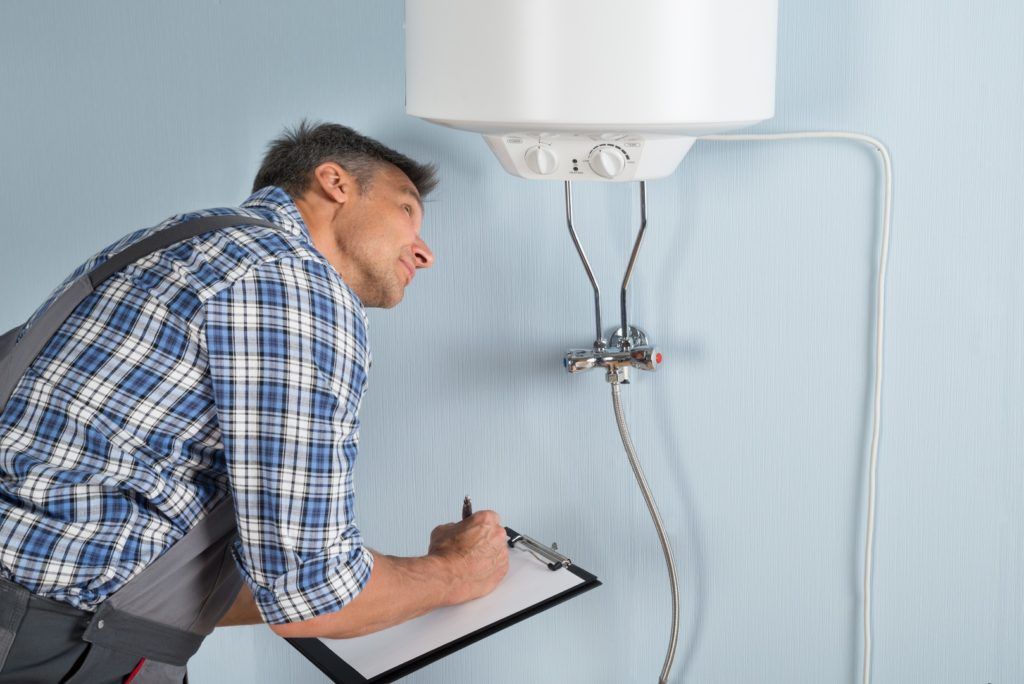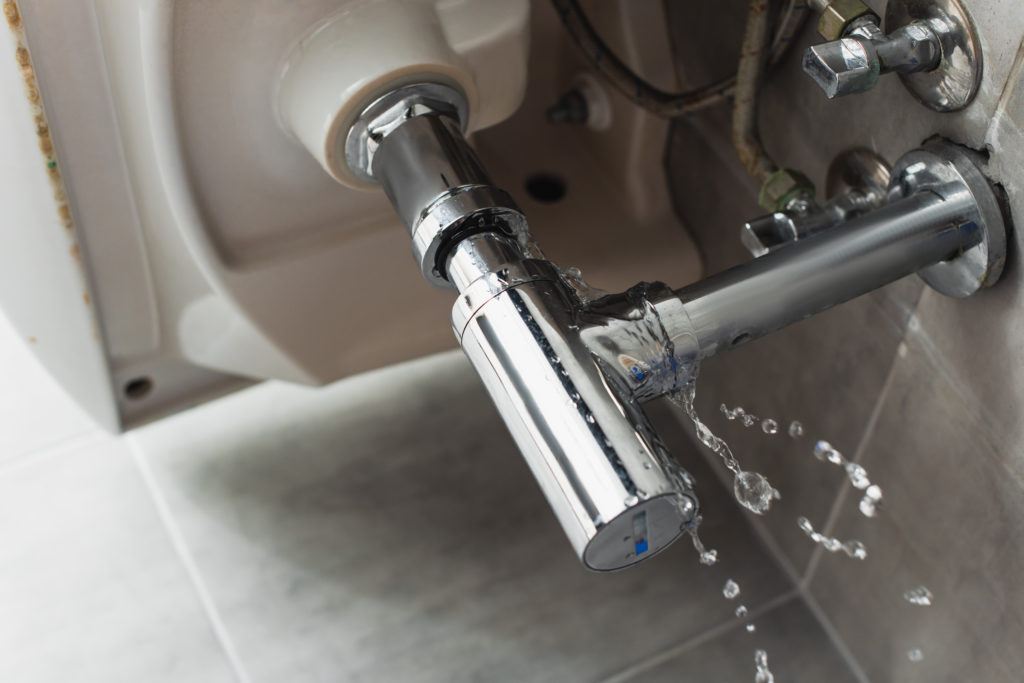05/08/2019
 The water heater is an indispensable part of any household – it is exploited (in a good way) in every chore around your home – from doing laundry to washing dishes as well as showering and heating water. Consequently, it is vital to keep your water heater clean and functioning throughout a year. When as a homeowner you learn how to perform simple maintenance on your water heater, this skill can significantly extend its lifespan and have it operating smoothly all the time. Or you can always hire professional experts who will come up with suitable maintenance plans and do your water heater maintenance for you.
The water heater is an indispensable part of any household – it is exploited (in a good way) in every chore around your home – from doing laundry to washing dishes as well as showering and heating water. Consequently, it is vital to keep your water heater clean and functioning throughout a year. When as a homeowner you learn how to perform simple maintenance on your water heater, this skill can significantly extend its lifespan and have it operating smoothly all the time. Or you can always hire professional experts who will come up with suitable maintenance plans and do your water heater maintenance for you.
Nowadays hot water has become a necessity rather than luxury, and water heater replacement is usually more expensive than its maintenance. Professional maintenance can guarantee that your water heater will last longer, saving the stress and expense of an early replacement. The following tips will help you maintain your water heater in a great working condition.
Check the pressure relief valve
There is a safety device called a temperature and pressure relief valve (T&P valve) in both gas and electric water heaters.
It prevents your water heater from explosion if too much pressure builds up inside of the unit. You’ll see a lever on the side of your water heater with a copper or plastic discharge pipe running down from it. If the pressure inside the water heater tank gets too high, the valve opens automatically to release it, and the discharge pipe directs the flow of water down to the floor and away from your furnace, electrical panel, or other flammable equipment. Thus 2 feet of clearance should be maintained around your unit unless the manual instructions state otherwise.
Flush the water heater tank
Sediment deposit in the tank can decrease your water heater’s energy efficiency, rust through the steel and worse – clog your water pipes. Avoid such issues and increase your unit time of service by flushing the tank at least once a year.
If you feel confident enough to flush the tank yourself, turn off the gas/power and cold water supplies to the tank. Open a hot water tap and the pressure release valve, then take a bucket and hose to remove the water from the tank until it runs clean and free of sediment. If there is too much sediment in the water heater tank, it needs to be emptied completely. Then, turn on the cold water running to the tank and let it flush the tank until the water comes out clean. Keep flushing until there is no more debris and deposit leaving the tank.
Check the anode rod
No matter if your water heater is gas or electric, it will have an anode rod. The anode rod “takes heat” on itself, attracting corrosive minerals so that they corrode the rod instead of the tank. Replacing the anode rod every five years or so could significantly prolong the lifespan of your water heater. The anode rod definitely needs to be replaced in case if:
The rod is less than 0.5 inch thick.
The rod is coated with calcium.
More than 6 inches of the core steel wire is exposed.
Leaks and Drips 
Faulty water supply connections usually cause minor leaks and drips. Apply quality materials, appropriate techniques and always check your finished work. It is easier to install compression fittings than copper pipes (which need to be soldered) when it comes to DIY projects.
Leaks from relief valve discharge pipe typically mean that as a homeowner you need to think about a thermal expansion tank. Thermal expansion tanks ensure relief of pressure for your water heater. Water expands during heating process, and if there is no way to lessen the pressure, your water heater will have to absorb the expansion and contraction of water. That might lead to your water heater integrity failure.
Safety First

With a little effort, you can keep your gas and electric water heaters working efficiently. Some repairs are simple, like how to drain a gas or electric water heater and pressure relief valve and tank or pilot light maintenance. However, if you aren’t comfortable working with gas or electricity, always call a professional. Also wear gloves, goggles and other protective clothing when taking care of your water heater unit.
If you’re uncomfortable working on your water heater yourself, don’t hesitate to call our water heater experts from Orange County Plumbing Heating & Air Conditioning! We can professionally deal with you water heater unit.

 The water heater is an indispensable part of any household – it is exploited (in a good way) in every chore around your home – from doing laundry to washing dishes as well as showering and heating water. Consequently, it is vital to keep your water heater clean and functioning throughout a year. When as a homeowner you learn how to perform
The water heater is an indispensable part of any household – it is exploited (in a good way) in every chore around your home – from doing laundry to washing dishes as well as showering and heating water. Consequently, it is vital to keep your water heater clean and functioning throughout a year. When as a homeowner you learn how to perform 
